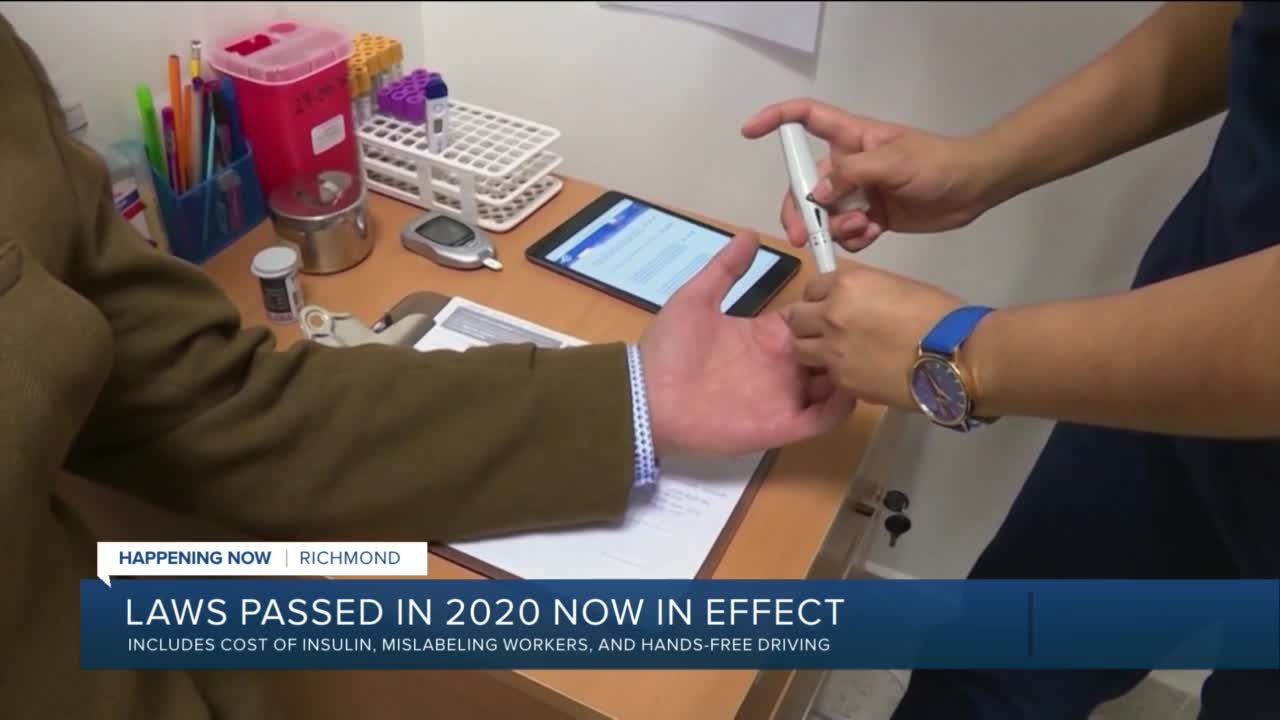RICHMOND, Va. -- As the new year begins, several bills that were passed by the Virginia General Assembly last year are now in effect in the Commonwealth.
No Handheld Devices While Driving
HB874/SB160 prohibits people from holding a handheld communication device, like a cellphone, while driving. It is also a primary offense, so law enforcement can pull you over for it. A first time offense carries a $125 fine, while subsequent fines (or if the infraction takes place in a highway work zone) will be $250. There are some exemptions such as drivers who are lawfully stopped or emergency/Department of Transportation vehicles performing official duties.
Driver Privilege Cards
HB1211/SB34 allows the Virginia Department of Motor Vehicles to issue driver privilege cards (similar to driver's licenses, but with some exceptions) to undocumented immigrants.
Surprise Medical Billing Protection
HB1251/SB172 protects people from surprise (or balanced) billing for care that is outside of their insurance network. This covers emergency services and some non-emergency services including surgery and radiology.
Insulin Co-pay Caps
HB66 orders health insurance companies to put a $50 cap on co-pays for a 30-day supply of insulin.
No Online Classes for Conceal Carry Permits
HB264/SB263 removes the option for someone seeking a conceal carry permit to demonstrate competency by completing a certified course virtually or online. Instead they will have to attend certified in-person instruction.
Housing Authority Notification Requirements
HB921/SB708 requires housing authorities requesting permission from the U.S. Department of Housing and Urban Development to demolish or redevelop a housing project, must give residents 12 months notice prior to submitting the request.
Worker Misclassification
HB1407 prohibits employers from misclassifying their employees as independent contractors (unless they can prove the worker is a contractor). Violators could face civil penalties or be banned from bidding on public contracts.



